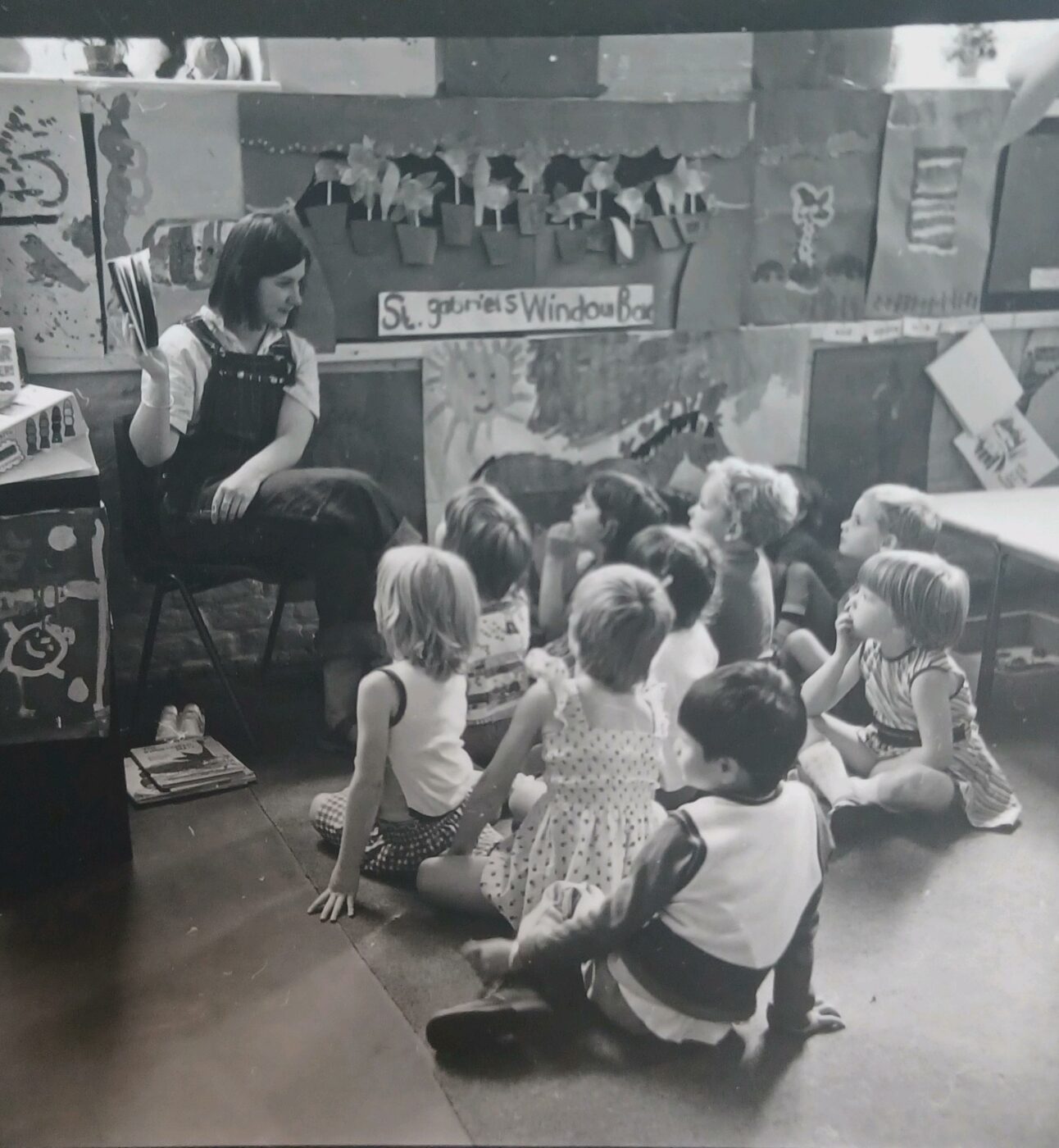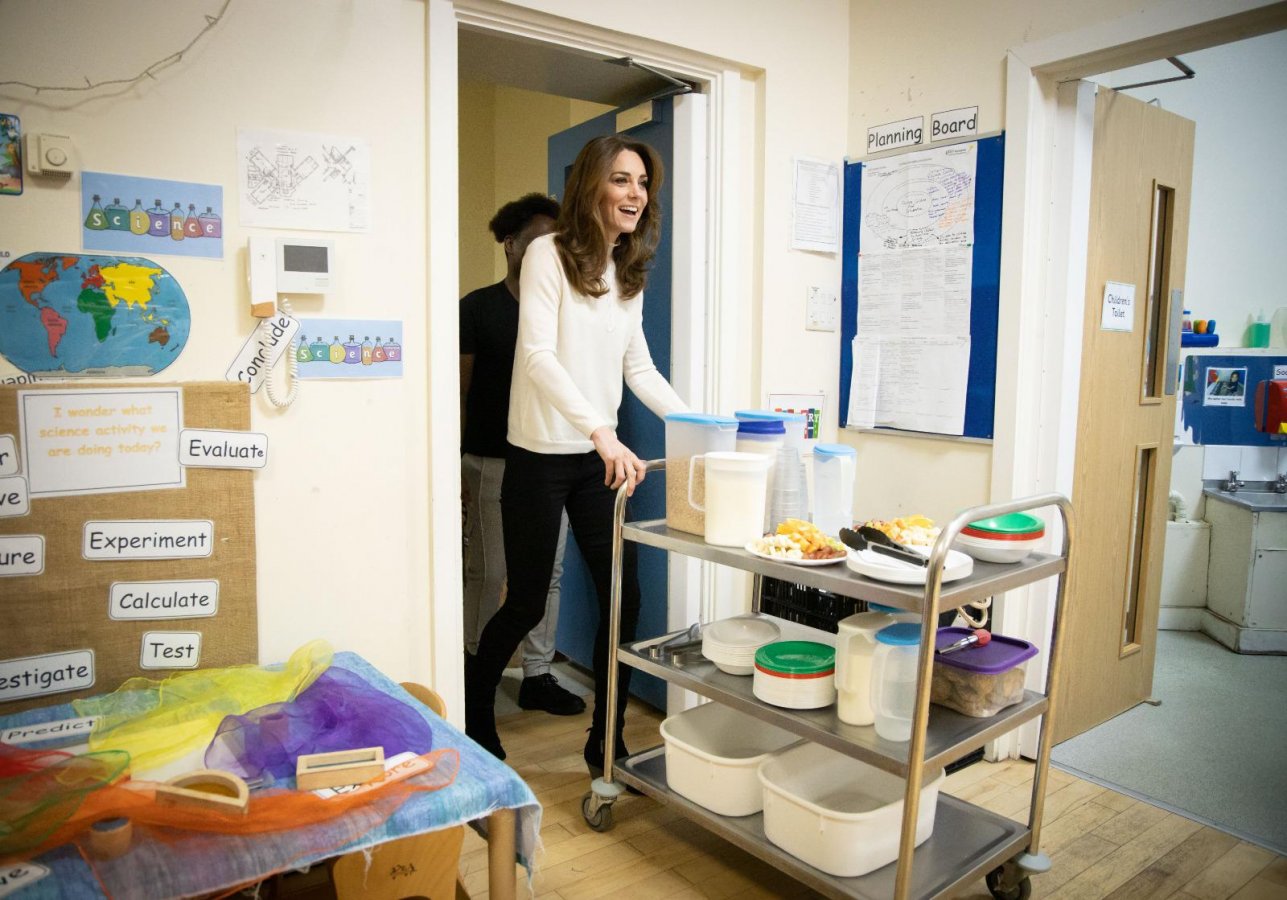
Talking Early Years: Celebrating 120 Years at LEYF
The Year That is 2023 – This year, we are proud to celebrate 120 years of LEYF. It’s been fascinating to reflect back on what has changed over…
August 5th 2013
Sir Michael Wilshaw was no doubt promoted to lead Ofsted because he successfully turned around a failing school.
It would seem he is taking the same approach to the Early Years sector except that we are a not a failing school. In fact year on year we have been improving. Ofsted’s own figures from their 2012 Report noted that 74% of early year’s provision is now good or better compared with 65% three years ago.
So why does Ofsted feel the need to be so draconian in its criticism of the sector? Ofsted often talks about the importance of strong leadership as the backbone of high quality. However, he needs to read his own report. Strong leadership is not aggressive posturing and bullying behaviour by the organisation’s officers. Does Sir Michael realise that although he insists Ofsted is not an improvement agency he accepts their role as an agent of improvement. So if he and his generally miserable team (according to the Civil Service People Survey, less than a third (32 per cent) of more than 1,000 Ofsted employees who took part would recommend it as “a great place to work” – 5 percentage points fewer than in 2011, and 15 percentage points down on this year’s average across all government departments) want to lead improvement in the sector he needs to be considered a credible and trusted leader. Shouting about how terrible we are and insisting improvement is too slow, despite the contradictory data, has a demotivating affect. Compounding that by driving the same attitude through inspectors and inspection processes is negative and unhelpful and is resulting in distress and disrespect. It is also creating a culture of “us and them” and putting up a wall between the sector and the regulator, which is dangerous for the children and families that we serve.
According to Aristotle quality is not an act. It is a habit and can only be achieved through hard work and unwavering dedication to high standards through consistent delivery. Perhaps, our regulator might note that.
Three months ago, I posed a question on the Nursery World Linkedin group, and the comments keep rolling in. What’s interesting is that these comments come from leaders and colleagues of settings that are good or outstanding. Settings which want to provide quality. Groups such as Kids Allowed and The Old Station House have continued to comment giving a wider picture. Neil Leitch of the PSLA has been vociferous on behalf of his members and PACEY and the NDNA have been collecting story after story about how Sir Michaels’s leadership ethos is reflected in horror story inspections on the ground. Tactyc continue to worry about the calibre of the inspectors and their understanding of Early Years. But why take such an unnecessarily aggressive position? Is it really about quality or is this another route to destroying the Early Years sector?
Here are the first signs:
Complaint and incident initiated inspections.
Ofsted have decided to push on these inspections going back as far as 2001. Is this a way of discrediting us or boosting their reputation as a stalwart regulator keen to weed out those terrible settings? These inspections are dominating the sector at the moment and trigger a full inspection. The results have led to an increase of 23% in downgraded nurseries. What’s startling is the reasons that caused the downgrades. Mostly minor processes for example not being able to find a certificate, documentation not to the liking of the inspector, not notifying Ofsted. This is judged as weakness in leadership and management and therefore the setting cannot be given anything above a satisfactory outcome. The weighing given to this as part of the inspection process seems unfair and heavy-handed. Is it a mechanism to make parents and the public nervous about sending their children to nursery.
The Anonymous Complaint
Investigation anonymous complaints which remain anonymous means we as a sector have no redress and are unable to understand or address the source of dissatisfaction. Allowing this behaviour gives leeway for litigious parents, disgruntled staff and malicious people including competitors to cause untold damage not just to the setting and all those children and parents attending but to society. Read the tale of the school in Devon. Ironically, Ofsted is fuelling this at a time when the Government is trying to reduce this behaviours by tightening up malicious usage of Employment Tribunals
The Quality Assurance Process
In the old days the inspector would tell us our grade at feedback. She would then say don’t share it until you receive your report. Nowadays, the inspector says “I am happy that you are a ‘good’ nursery, however QA may change that”. She then leaves us unsure as to what we will get. How is this fair? That a silent and secret QA team can override a judgement and again the message to the public is that we are not to be trusted. We want a sector representative to sit on the panels to bring some sector knowledge to the process. Make it transparent and ensure balance and proportionality.
Appeals
The sector has been appealing many decisions recently but as yet no one has won their appeal. Why would they, Ofsted seem to want us to be only satisfactory. It discredits our service. Appeals show worrying trends about QA and the sector has now involved lawyers to challenge the legality of the Ofsted process.
Fairness and Equity
Far too many settings say the inspector had made up their mind before arrival and the inspection process felt as if the team were being judged guilty and spend the time proving their innocence. This does not make for mutually respectful relationships and again implies they already want rid of us.
Reporting Time
It’s too long. We are waiting up to 5 weeks for inspection results especially when we have no idea whether the results given by the inspector are upheld by the QA team. It’s creating unnecessary anxiety and demotivation.
The Hidden Consequences (or maybe not so hidden)
Call me a cynic but if you downgrade all the nurseries so they can no longer take the two year olds and you implement the recommendations from MGC to allow schools to take two year olds without any inspection or regulation, then one must assume that our Minister has decided that the cheapest childcare option is to put the two year olds into schools. Yes babies in school.
The cost will be subsumed into the constantly growing education bill which increased by 55% last year against an increase of 5.6% in Early Years spend. The raft of research including recent reports such as the NAO Feb 2012, Economic Intelligence Unit, The Cost of Childcare 2013 to name but a few shows that small children are better in high quality nurseries with higher ratios and more qualified staff is then ignored because Ofsted has written so many of us off as hopeless cases. It’s a canny strategy and one we better manage quickly before too many small children end up in the wrong place.

The Year That is 2023 – This year, we are proud to celebrate 120 years of LEYF. It’s been fascinating to reflect back on what has changed over…

The other night I was watching my new late-night Netflix addiction, How to Get Away With Murder. I have reached Series 5 where the main protagonist, Annaliese Keating is…

We all know that the Tiger comes to Tea but we have never had a Duchess come to Breakfast. https://www.youtube.com/watch?v=-6hzbLzcprE The Duchess of Cambridge lightened up our…